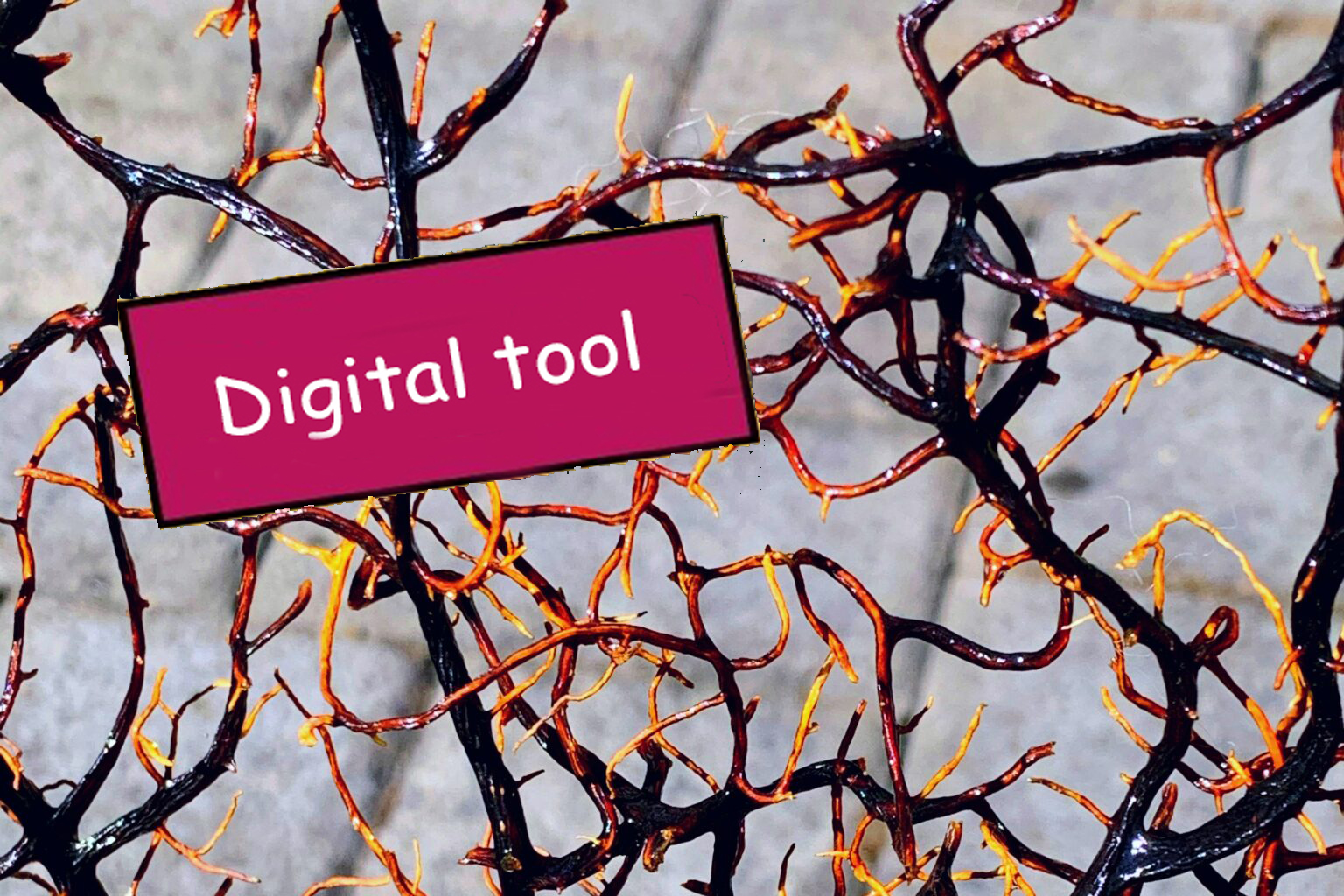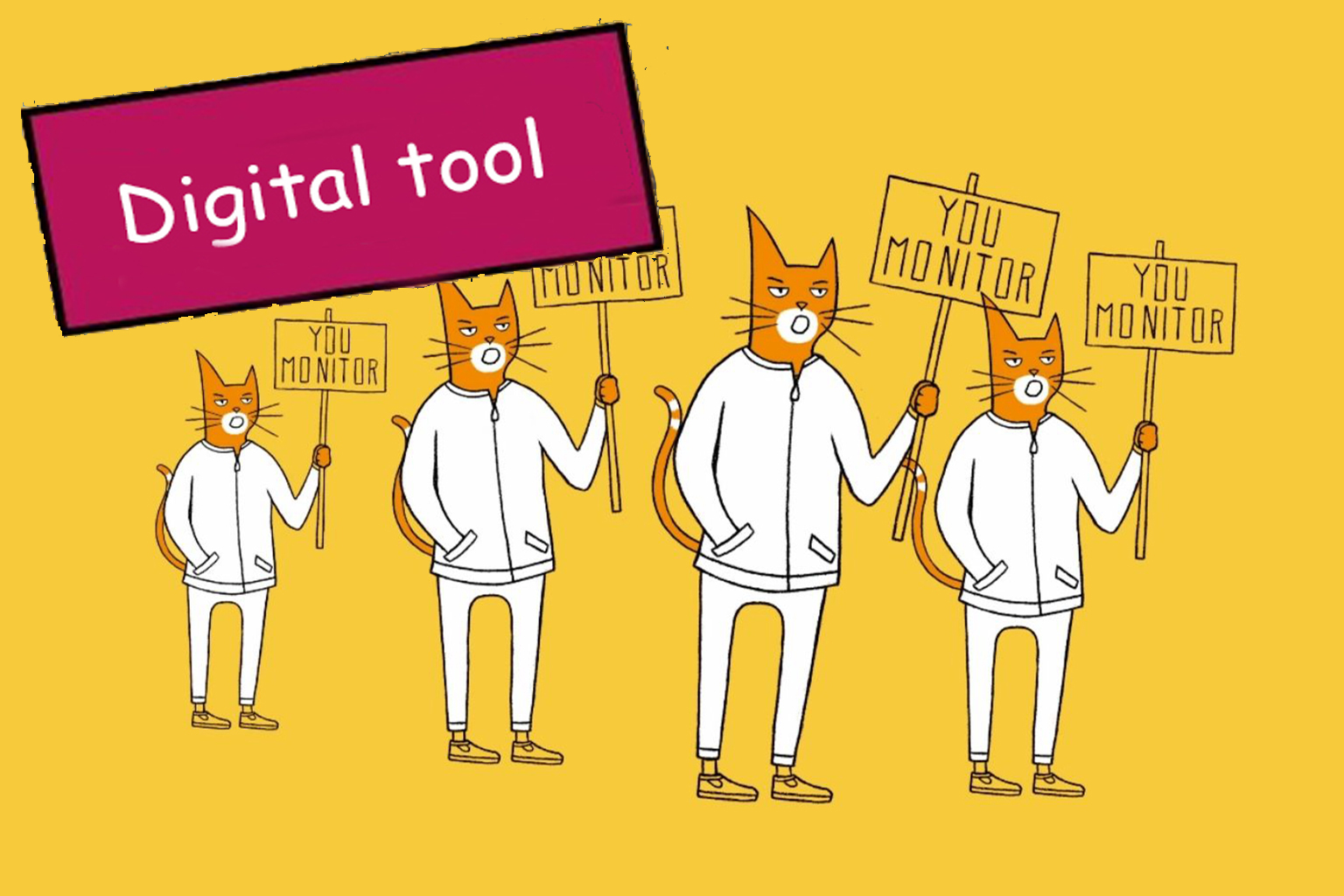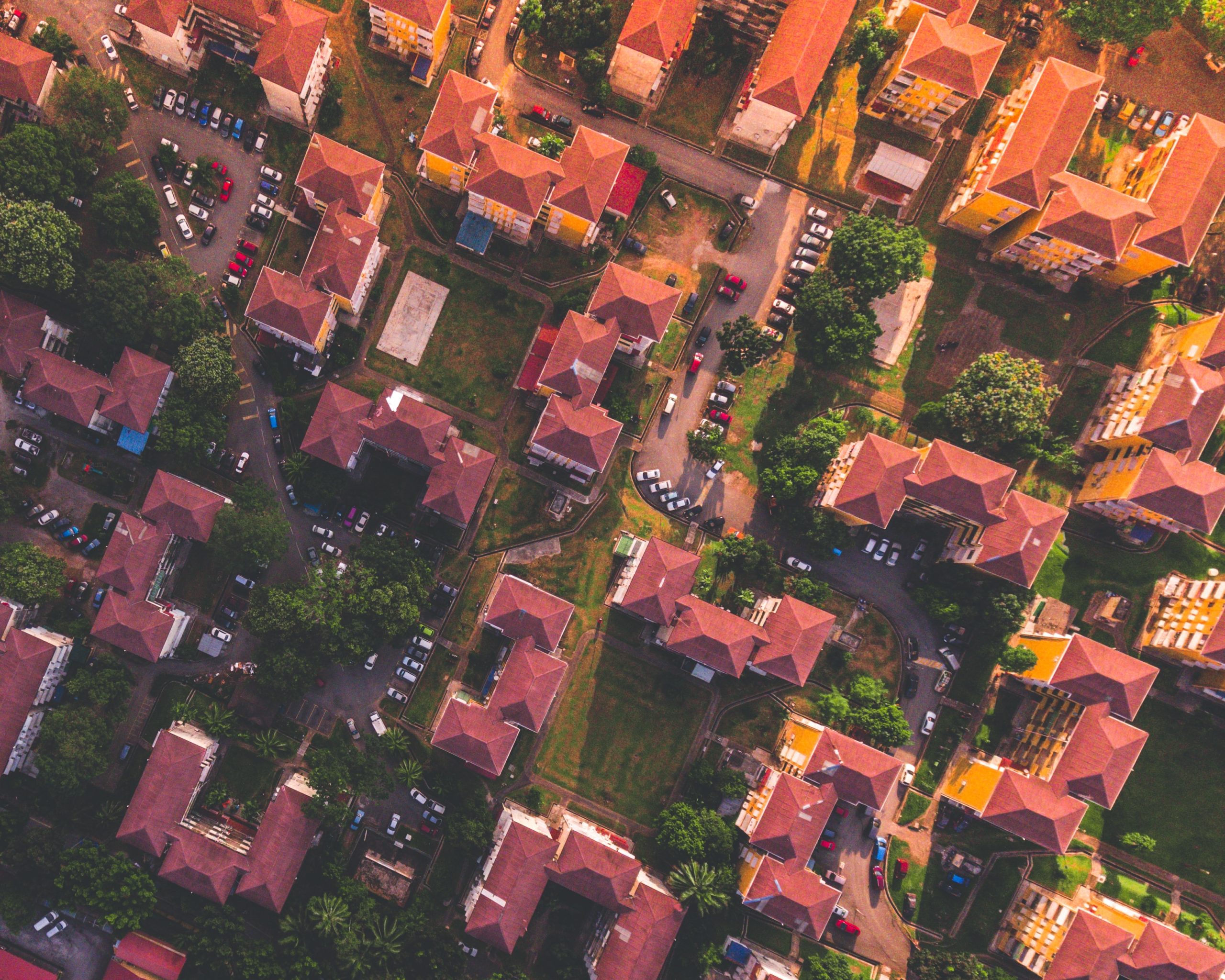home / Bendrosios gerovės stebėsena
Kaip stebėti bendrąjį gėrį
Mokytis ginti tai, kas priklauso visiems, pasitelkiant 5 raginimus imtis veiksmų Atraskite mūsų kelią, kaip įgalinti jaunuosius stebėsenos bendruomenių lyderius apsaugoti demokratiją nuo korupcijos.
3 žingsnis
4 žingsnis
9 žingsnis
10 žingsnis
Veiklos
Bendrosios gerovės stebėsena
60 min
Difficulty
4/5





